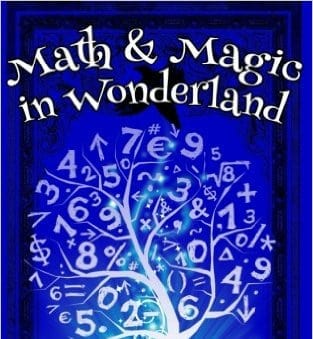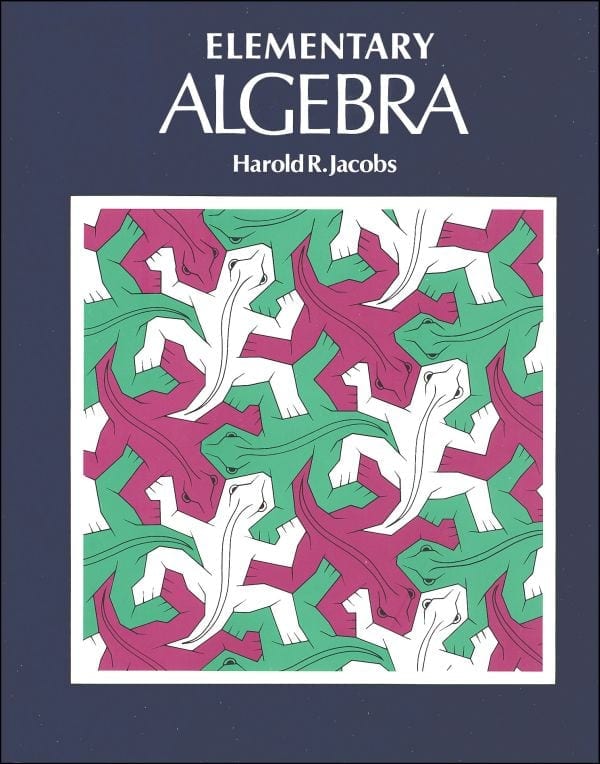Mom, it isn’t really math. it’s too fun.
The idea that math…of all things…is fun, well, who would have thought it! Lilac Mohr’s self-published book, Math and Magic in Wonderland is a whimsical story where math and science are interwoven with literary prose. It is both engaging to read and at the same time, it is educational. We often talk about the journey through learning at SEA Homeschoolers and this book fits that sentiment. It is a fitting tribute to the Carroll masterpiece upon which it is styled.
Mohr’s degrees in Engineering and Computer Information Systems provide a solid basis for her educational and insightful offering while keeping the interest of students and parents alike. The educational aspects should not be overlooked simply because this book is so entertaining. The journey in the book is much like life’s journey. You learn as you go, and the only way to move forward is to solve your current problem.
The rich eloquent flow of the author’s prose will transfix readers from the first line. And don’t let the Math in the title intimidate you. The answers are included, and the process is clearly explained for all. To quote my son, “Mom, it isn’t REALLY math, it is puzzles and stuff. You know fun, not like math!” So, it is math, but not really.
If you adhere to the left vs right brain theory, you will particularly like Math and Magic in Wonderland. This book allows for creative and unique ways to develop pathways between these opposite sides of the brain. It is difficult at times to apply literature this way. By teaching different modalities and weaving subjects together and applying them in a real-life way, you create an excellent project-based learning unit that weaves math, science, and literature. The experience is further enriched by the free unit study available on the SEA Homeschoolers’ website which ties in the science component seamlessly. The unit study really brings the lessons from the book up several notches. I often find it hard to apply math to real world situations in ways that my children find engaging. With the pairing of the science unit study and Math and Magic in Wonderland, Mohr does it for her readers. My children and I are fans of this book, and we all hope she writes more of these types of books and unit studies.
This unique and clever book is a must read for all ages. It is one of those rare books to be treasured and shared within generations, not just for the intrinsic educational value of the book itself, but for the delightful story that unfolds as you are transported via Mrs. Magpie’s Magical World. I enjoyed reading and working through this with my 9 and 14-year-old children.
This review contains an affiliate link.
Check out our post on a home school dad’s service trip to Guatemala here.



